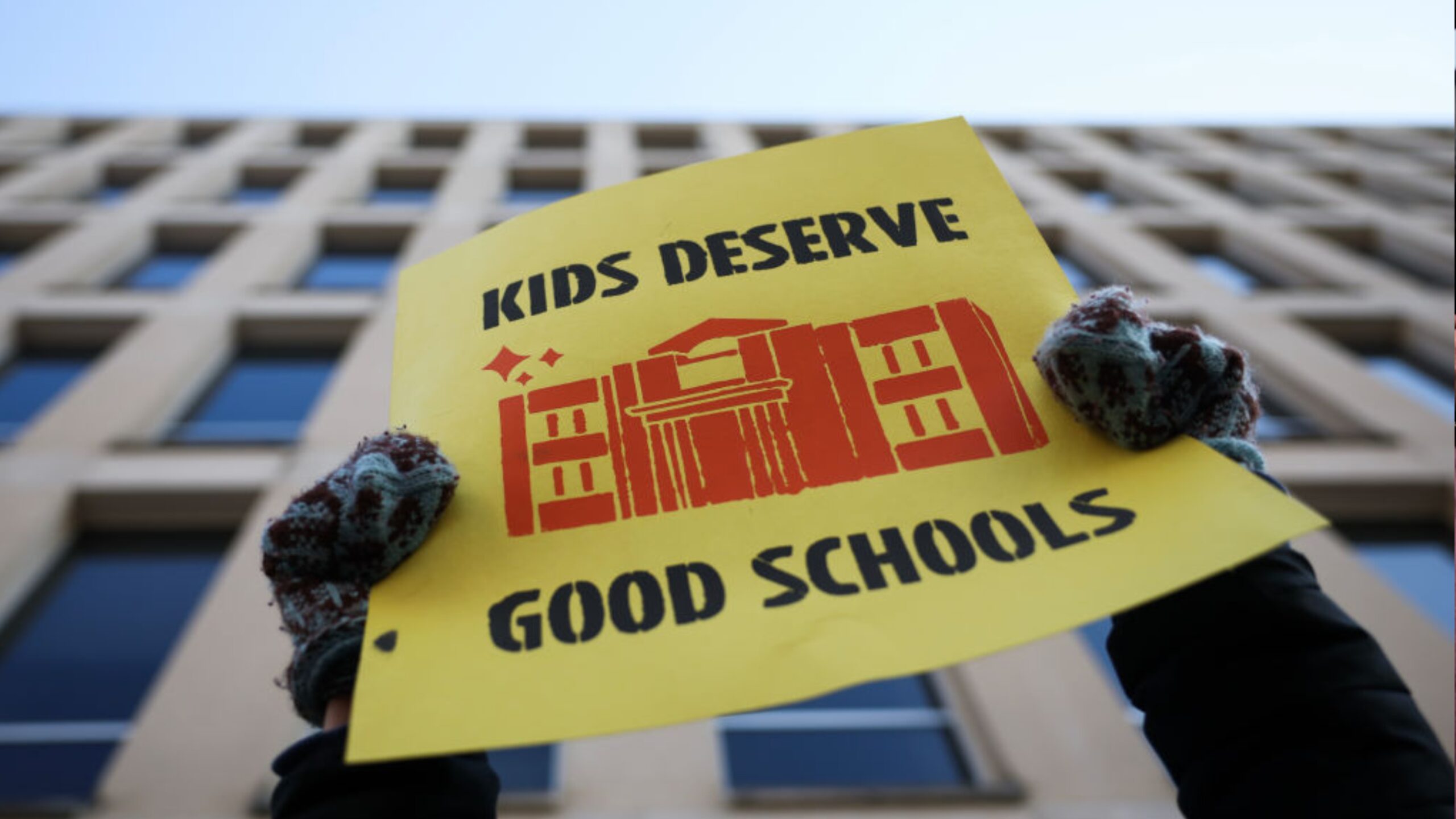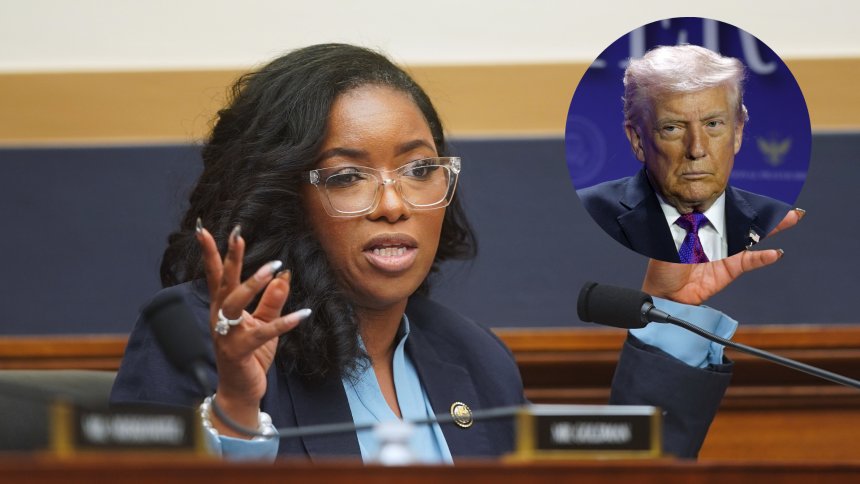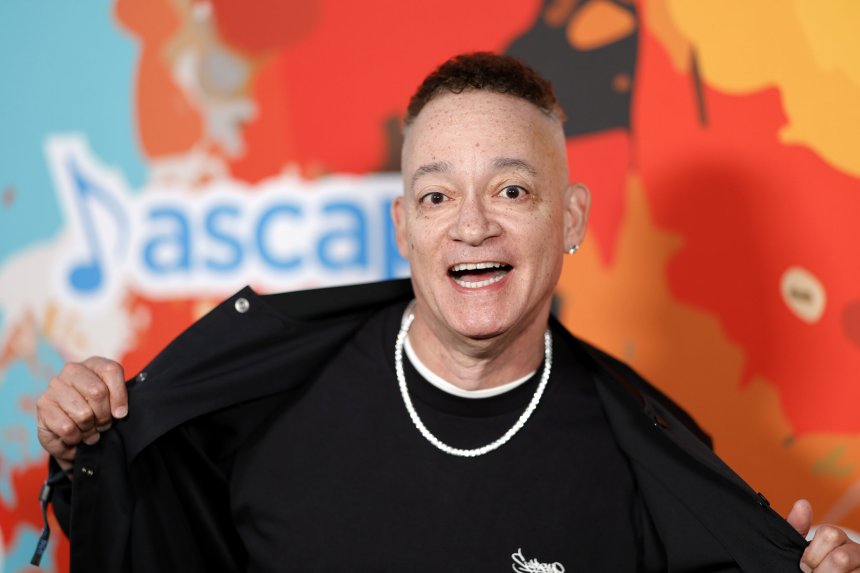What happens when we defund belonging in schools? The silent casualties tell the story.
ANALYSIS: Dr. Gloria McDaniel-Hall breaks down what losing federal school funding means for children who are already told they don’t

ANALYSIS: Dr. Gloria McDaniel-Hall breaks down what losing federal school funding means for children who are already told they don’t belong. The educator also reflects on going mute at 4 years old after a traumatic experience desegregating her elementary school—and what’s at stake if a new generation of children are left excluded.
When I was five years old, I learned I didn’t belong. Not because of anything I had done, but because of who I was.
It was the first day of school in Galveston, Texas in 1961. I was a little Black girl in a pretty new dress, clutching my school supplies and walking proudly beside my grandmother. I had no reason to expect anything but excitement. School was supposed to be the beginning of something magical.
Instead, it became the birthplace of my silence.
That day, we were met by angry people screaming racial slurs and telling me—without hesitation or shame—that I didn’t belong. I didn’t understand every word, but I felt every bit of it. By the end of the week, I was silent. By the end of the year, I had disappeared into myself.
My photo appeared in a local newspaper to prove the school had been integrated. I was visible. But I wasn’t seen.
What I experienced wasn’t just racism. It was erasure. And I carried it for years. My parents eventually moved me to Chicago, where I was placed in a Catholic school and met a gentle nun named Sister Christella who extended the first hand of healing. She created my first memory of the inside of a school building. Her calm voice and open heart helped me in ways I can’t find words for. Her belief in me helped me believe in myself. It took 5 years before I was able to speak in a school again. Selective mutism became the way I coped. Because of her, I became a teacher too.
For over four decades now, I’ve built classrooms, schools, and programs around one core commitment: no child or person in my care will ever feel the way I did during my experience in Galveston. I may not always have had the language for it back then, but I know now that the word is belonging. And it’s not a luxury. It’s not fluff. It’s not “extra.” It’s survival.
Which brings me to today.
There are credible efforts underway to dismantle the U.S. Department of Education, and with it, the federal funding that sustains schools across this nation, particularly those serving our most vulnerable students. According to the Albert Shanker Institute (Baker, 2025), eliminating federal aid would cost students the equivalent of up to 46 days of learning each year. The greatest losses would fall squarely on the shoulders of our most vulnerable students.
For students already navigating trauma, poverty, or systemic barriers, school can either be a place of healing or another site of harm. For millions of children, the services funded by the Department of Education such as Title I reading specialists, mental health professionals, special education supports, afterschool programs, free meals are not optional. They are lifelines.

(Photo courtesy of Dr. Gloria McDaniel-Hale.)
If federal funding disappears, children won’t simply lose textbooks or tutoring—they’ll lose connection. They’ll lose teachers who understand them. They’ll lose safe spaces where their voices can rise and their spirits can grow. And worst of all, some may lose the belief that they belong at all. I know what that feels like. I remember what it did to me.
In many ways, I’ve devoted my life to reversing that damage, for myself and for others. I’ve taught second grade and led schools. I’ve trained future principals and published research. My work has been grounded in the neuroscience of learning, the power of culturally responsive teaching, and the foundational truth that the brain cannot learn when the heart feels unsafe.
When a child feels seen, heard, and valued, they flourish. When they don’t, they fade. Some call this “soft stuff,” but the data say otherwise.
The Shanker Institute’s simulations show that every student in every state would lose learning under federal cuts, but the most devastating effects would hit the poorest districts. In Mississippi, for example, the highest-poverty districts receive up to 20% of their funding from the federal government. That means a cut isn’t just a financial subtraction but it’s also an erasure of opportunity.
In addition, when states are allowed to reallocate federal dollars through unregulated block grants, it’s a setup for widening the already enormous equity gap. Some students may see small gains, but those gains come at the expense of communities already struggling to stay afloat.
Dismantling the Department of Education and slashing funding to our public schools may not only hurt test scores, it could deepen cycles of exclusion and disconnection. It could tell another generation of children what I was told at age five: “You don’t belong.” 
Let’s talk about what we’ve learned since those “old” days.
We know that belonging fuels achievement. We also know that when teachers have the tools to support every learner, outcomes improve. We know that schools don’t exist in isolation, and they are the beating hearts of their communities.
Cutting funding could not only be detrimental to students, but all of us who are part of their village.
It’s time to invest more and not less in our children’s ability to learn, grow, and thrive. What makes schools succeed isn’t just a curriculum or set of test scores, but connection. It’s the knowing, deep down, that someone believes you matter. If we lose that, we lose everything.
So I offer this analysis not just as an educator, but as the little girl I once was—standing silent on a Texas sidewalk, wondering what I had done to be hated by strangers.
Let’s not send that message again. Not to another five-year-old. Not to any child or person.
We can choose differently. We should. Because when we fund belonging, we fund futures.

Dr. Gloria McDaniel-Hall is an educator with over 40 years of experience and currently serves as an associate professor of educational leadership in Chicago. She co-chairs her university’s Racial Justice Task Force and focuses her work on equity, belonging, and healing-centered practices in schools. Dr. McDaniel-Hall is also the author of children’s books on social-emotional learning and the forthcoming No Teacher Left Behind.
Share
What's Your Reaction?
 Like
0
Like
0
 Dislike
0
Dislike
0
 Love
0
Love
0
 Funny
0
Funny
0
 Angry
0
Angry
0
 Sad
0
Sad
0
 Wow
0
Wow
0

















